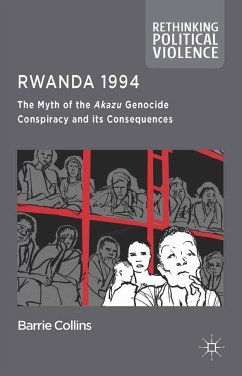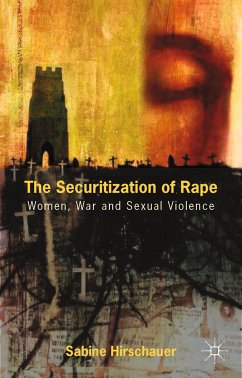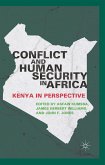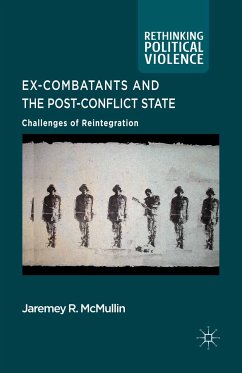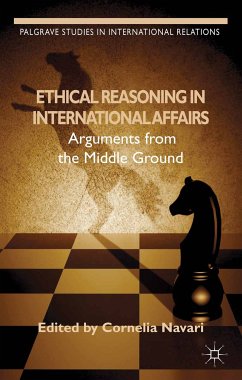Dieser Download kann aus rechtlichen Gründen nur mit Rechnungsadresse in A, B, BG, CY, CZ, D, DK, EW, E, FIN, F, GR, HR, H, IRL, I, LT, L, LR, M, NL, PL, P, R, S, SLO, SK ausgeliefert werden.
'The standard account of the Rwandan 'genocide' of 1994 rests on a conspiracy theory. As Collins demonstrates in his book, the evidence supporting the theory is no better than the evidence refuting it. The United Nations, through its creation of the International Criminal Tribunal for Rwanda, has inadvertently lent its weight to the standard account. Why would
a UN Tribunal endorse a myth? No further conspiracy theory is required to explain the ICTR's blinkered view of events in the 1994 Rwandan war. The ICTR fell into the rut of victor's justice, only ever prosecuting the losing side in the 1994 war. The winning side, which since that year has ruled Rwanda, was left alone. Almost twenty years after its establishment the Tribunal is still in the same rut. The lesson for international justice surely is that atrocities should be prosecuted with an open mind and without compromise.' Dr Alexander Zahar, former legal officer at the ICTR and ICTY and co-author of 'International Criminal Law: A Critical Introduction' (2008)

